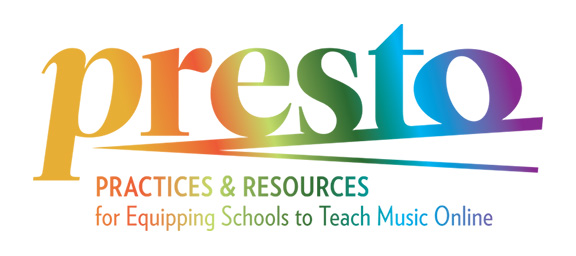Conducting is an art that requires vast knowledge, musicianship and skill. Ideally, a conductor would possess every one of the following:
- Highly developed musicianship skills, above all highly developed hearing and inner hearing, and a strong sense of rhythm
- Keyboard skills and proficiency in one or more orchestral instruments and/or voice
- Skill in score-reading
- Pedagogical skills
- A thorough knowledge of vocal technique
- A solid foundation in conducting technique including a repertoire of automatic gestures that convey meaning clearly
- A thorough knowledge of matters of tempo, dynamics, timbre, texture, form, theory and harmony
- A wide knowledge of performance practices
- A wide knowledge of the repertoire that embraces all styles and periods
- A capacity for remaining calm
- A well-developed capacity to think ahead
- Skill in repertoire selection
- The ability to programme music according to the strengths and weaknesses of the performers
- The ability to programme a rich and varied repertoire
- The ability to create an atmosphere of cooperative effort and mutual respect in both rehearsal and performance
- The ability to lead and inspire an ensemble in rehearsal and performance
- Efficient, organised and economical rehearsal technique
- A profound love for the art of music and a sense of humility towards the art of music
- A thorough knowledge of orchestration, including the properties, capabilities, and technical considerations of orchestral instruments
Don’t be intimidated! This list goes far beyond the basics presented in the following videos. However, they are all qualities for every conductor to aspire towards. And if we were to recommend one above all, it would be the development of your musicianship skills. Conductors need to be strong musicians if they are to lead others. They need to know their scores thoroughly, being able to hear them in their minds and inner ear.
Once a conductor has this kind of deep acquaintance with a piece of music, the thing that allows them to exploit it in their gestures is technique.
In short, a conductor’s success in performance is determined mainly by the quality of two things: their musicianship and their technique.
The fundamentals of conducting technique are the focus of the following videos. These fundamentals apply to all conducting, whether of a band, a choir, or an orchestra or other ensemble, and whether the group is amateur or professional. The basic skills are presented in a practical and empirical sequence. Each skill is introduced in clear language and with detailed diagrams and video demonstrations. There are then musical examples, most of them easy to access. Each skill is practised and assimilated before the next one is introduced.
Conducting technique is made up of psychomotor skills which need to be practised continuously until they become automatic – a conductor can’t afford to be thinking about technique while they’re trying to lead an ensemble. Once technique is automatic, the conductor is free to concentrate on musical interpretation.




